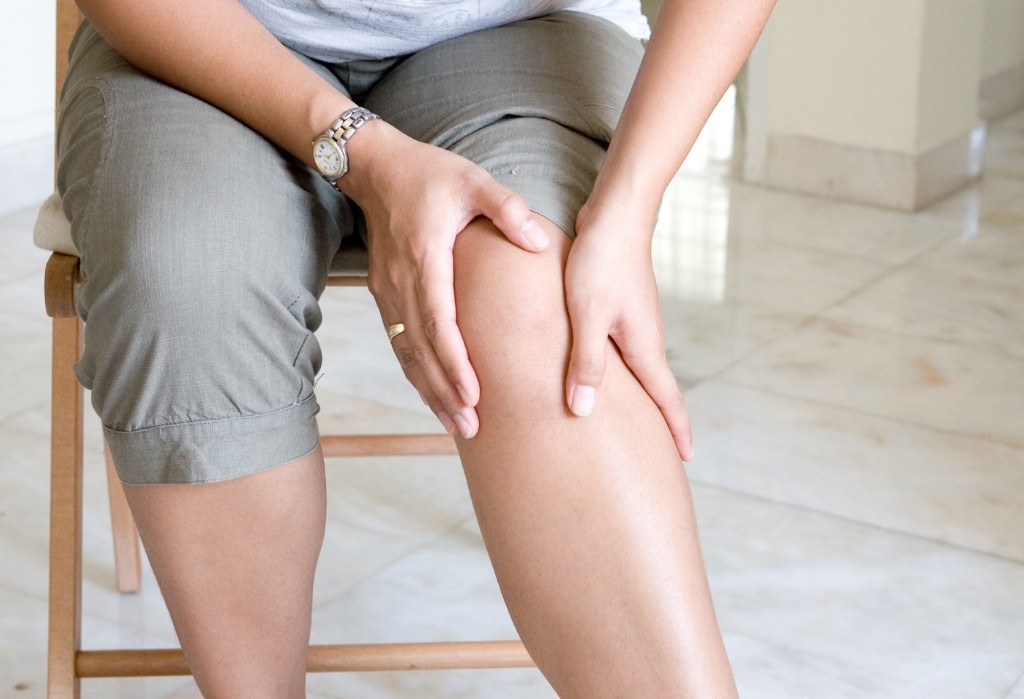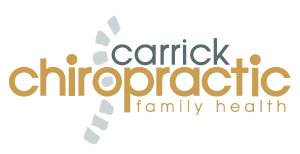← Success Story of the Week! Shoulder Injury Symptom of the Week: Neck Pain →
Symptom of the Week: Knee Pain
August 12, 2013

Although incredibly complex and sturdy, the knee is more prone to injury than any other bony structure in your body besides the spine.
There is a large range of problems that can affect the knee, as the knee joint is one of the most-used joints in the body. Just think about how often you use your knee joint!
The knee is like a hinge between the thigh and the shin bones, with a small joint on the outside of the leg (the kneecap). These joints are all supported by cartilage and ligaments to keep it flexible and cushioned during activity. Problems with the knee may include poor mechanics or overuse of the knee joint, traumatic injuries possibly from sports or falls, and problems associated with arthritic changes in the joint. This can result in pain below the knee cap, pain inside of the knee, referred knee pain, and other swelling, stiffness or tenderness.
Referred pain may come from nerve compression in the low back (caused by misalignment of the spine) imbalances in the sacroiliac joints, hips and pelvis, or biomechanical dysfunction of surrounding joints in the feet, hips and pelvis.
The knee is a complex joint that relies heavily on ligaments and muscles for stability. When pain is perceived as coming from the knee, all the anatomical components need to be examined, and in addition to the knee joint, the low back, pelvis, hip, ankle and foot need to be examined due to the direct influence they have on the knee, and vice versa. Our approach to assessing and treating the knee includes the evaluation of the other joints and muscles relating to the knee. Therefore to resolve the knee pain, we may also treat other areas, to maximize long-term improvement.
Ask yourself these questions:
Is knee pain limiting your day-to-day or sporting activities?
Have you been given painkillers or taken anti-inflammatory drugs and been told to rest with no long-term improvement?
You have been told you have arthritis?
If you answer yes to any of them, then please call one of our clinics today!
← Success Story of the Week! Shoulder Injury Symptom of the Week: Neck Pain →


Leave a Reply
You must be logged in to post a comment.